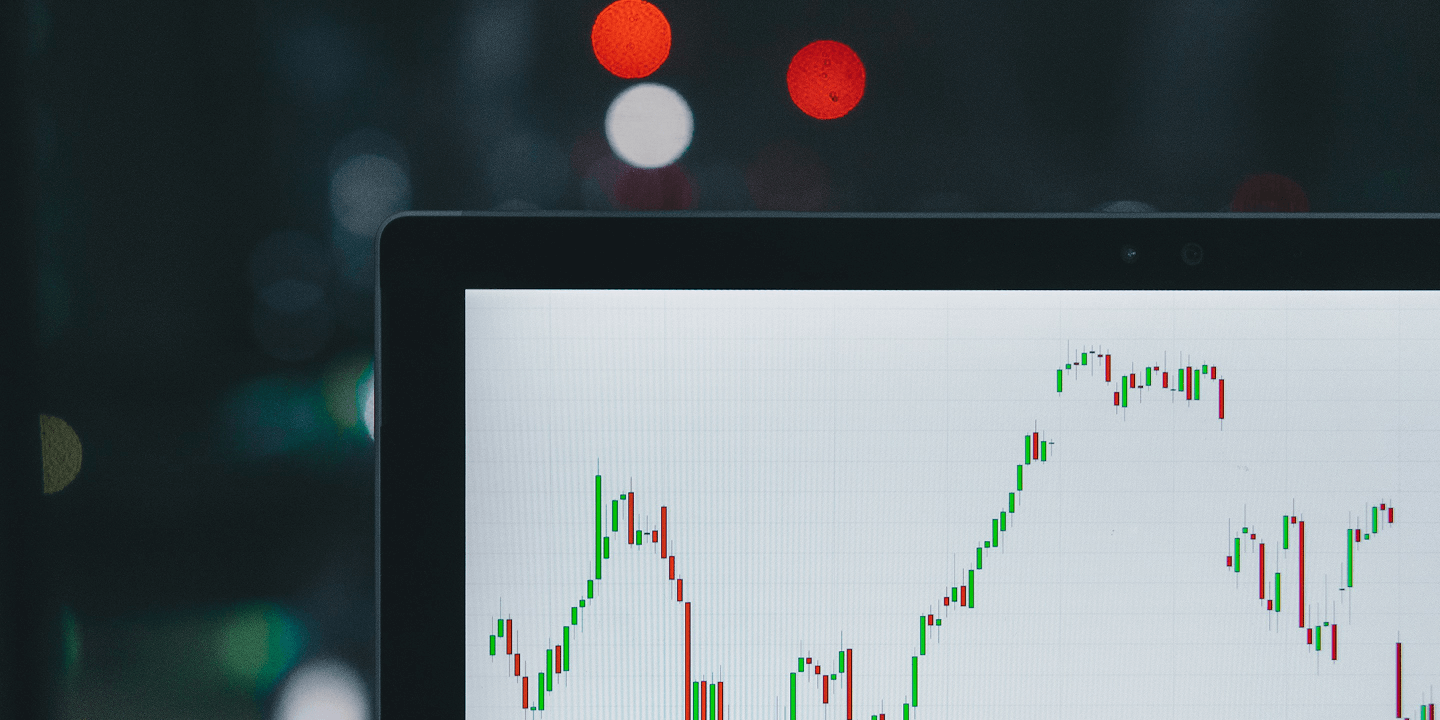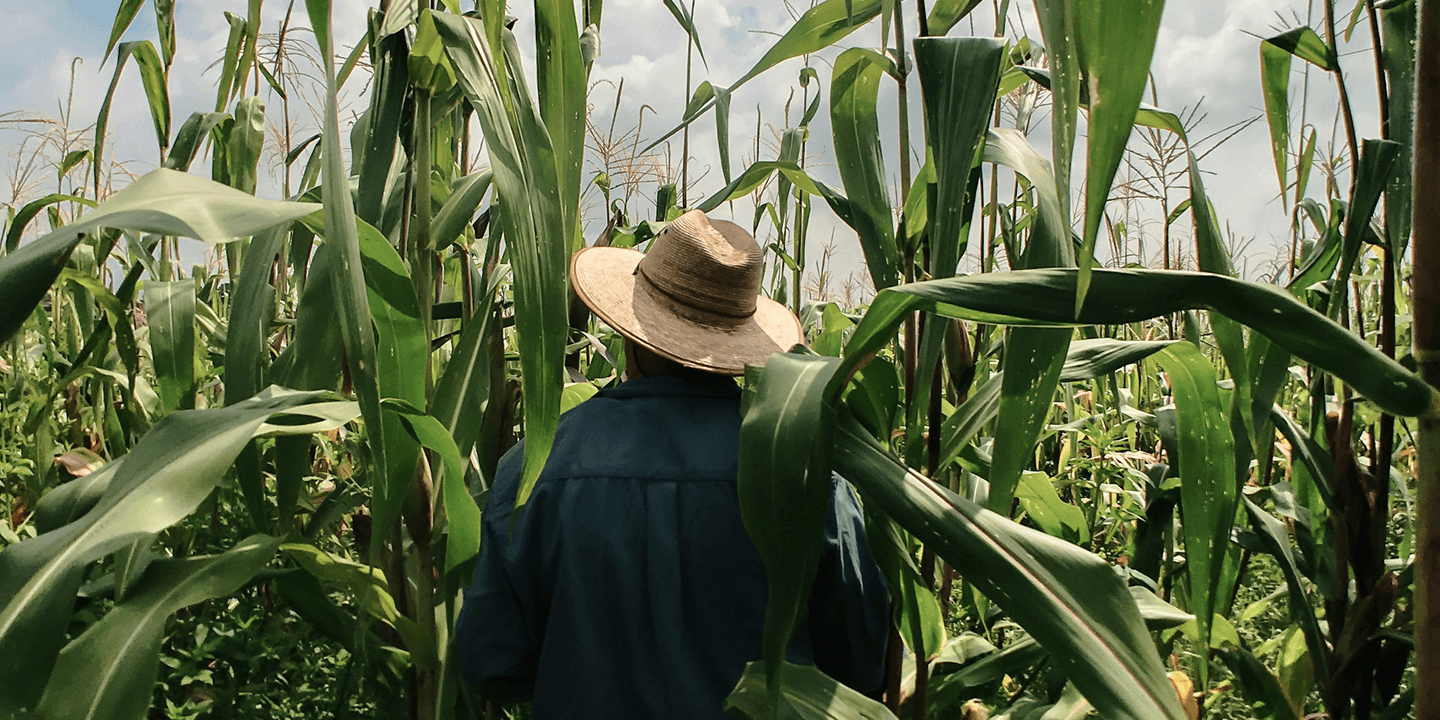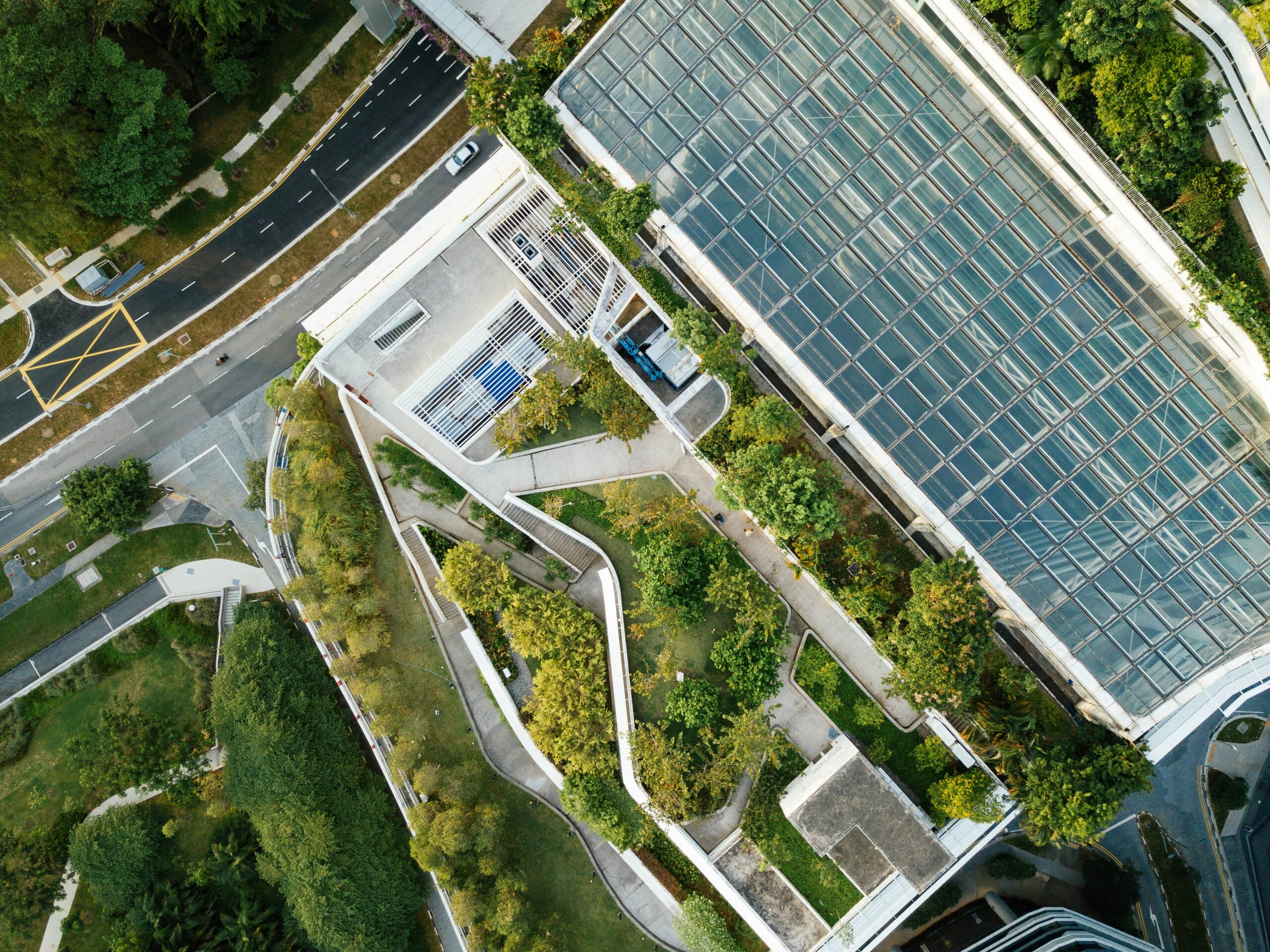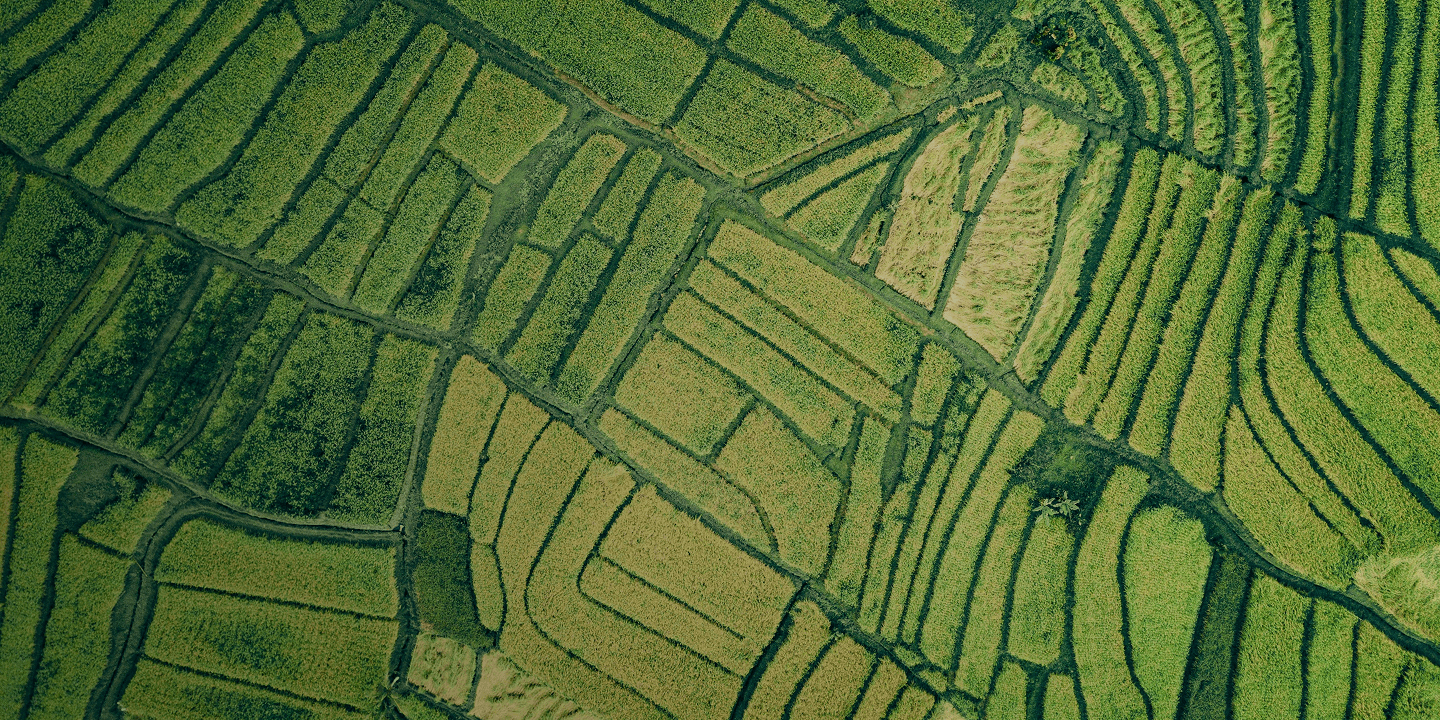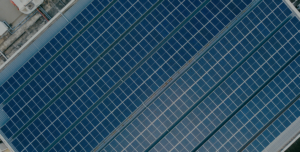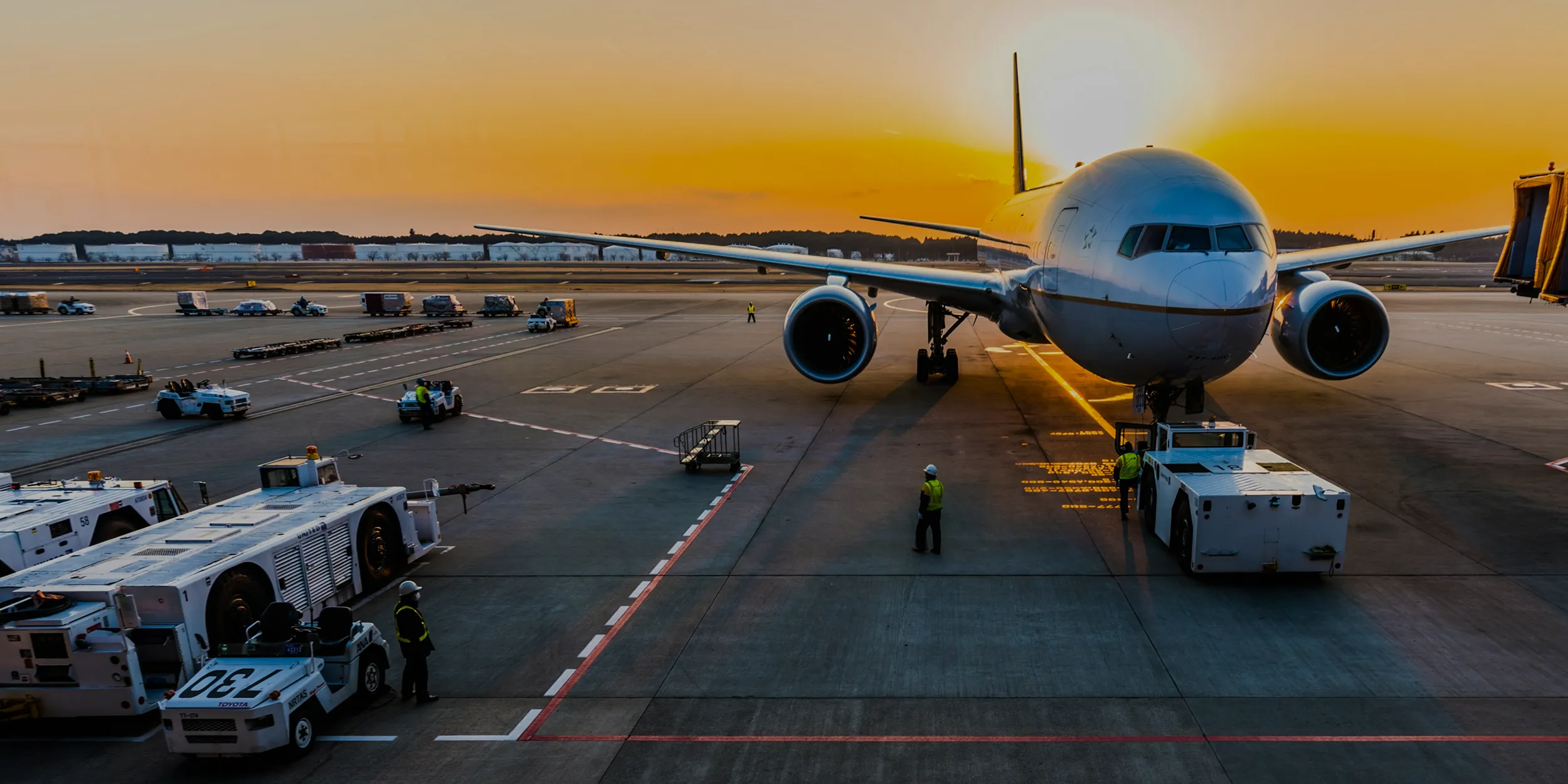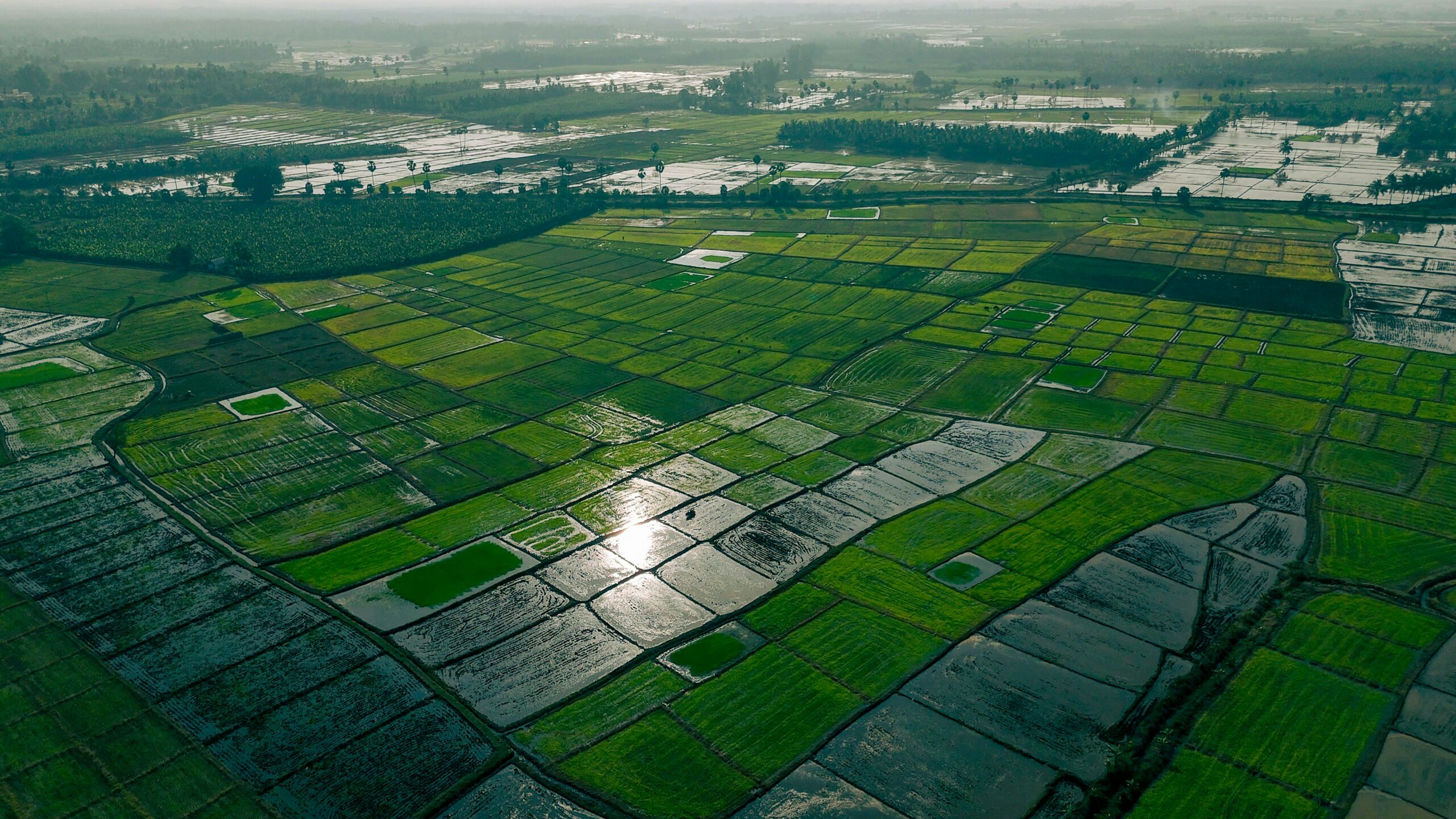Why do Sustainable Aviation Fuels (SAF) matter?
With the potential to reduce carbon emissions by up to 80% compared to conventional jet fuel (on a lifecycle basis), sustainable aviation fuel (SAF) is widely considered the most viable decarbonisation solution for Aviation, a particularly hard-to-abate sector.
The key reason being that SAF can be mixed with or replace conventional jet fuel, limiting major changes to the fuelling infrastructure for aircraft and airports. Despite the ease of adoption as a ‘drop-in’ fuel, SAF currently accounts for less than 1% of jet fuel consumption.
In order to meet the sector’s net zero goals, production capacity needs to expand significantly from the current 125 million litres annually to 449 billion litres by 2050.
However, the SAF supply chain faces a “chicken-and-egg” challenge. The absence of strong demand signals (due to high prices) results in the inability or unwillingness to scale supply, which would eventually lower SAF costs. The current lack of large-scale incentives (and other economies of scale) that might drive the adoption of green fuels has also meant that prices continue to remain high and economically unviable. SAF costs two to five times the price of conventional jet fuel today.
How can SAF credits catalyse innovation?
With cost a significant barrier to wider adoption, SAF credits are a way to fund supply scalability, thus easing the transition. Mobilising demand from businesses and institutions that increasingly look to voluntarily compensate for Scope 3 emissions arising from air travel and air freight is crucial to breaking the “chicken-and-egg” issue and effectively growing the SAF market.
How you can advocate SAFc
CIX is working with partners on a pioneering programme for SAF credits. Read more about it here.
If you’re interested in bringing innovation to sustainable aviation, contact us at contact.us@climateimpactx.com
Background: What is a SAF credit?
A SAF credit (also known as a ‘SAF certificate’) represents a unit of sustainable aviation fuel made from low carbon feedstock. SAF credits can be represented in mass/volumetric units (e.g. kg, m3) or in emissions units (e.g. CO2 equivalency), based on overall lifecycle emission reductions. SAF feedstocks include used cooking oils, forestry residues and municipal solid waste, among others.
SAF credits operate within a ‘book-and-claim’ system, a chain of custody model under which the environmental attributes of SAF are decoupled from its physical delivery. The Roundtable on Sustainable Biomaterials (RSB) has developed such a book-and-claim to support SAF. The book-and-claim approach has already been successfully implemented in the renewable electricity sector (Renewable Energy Certificates).
Published on September 2022.


